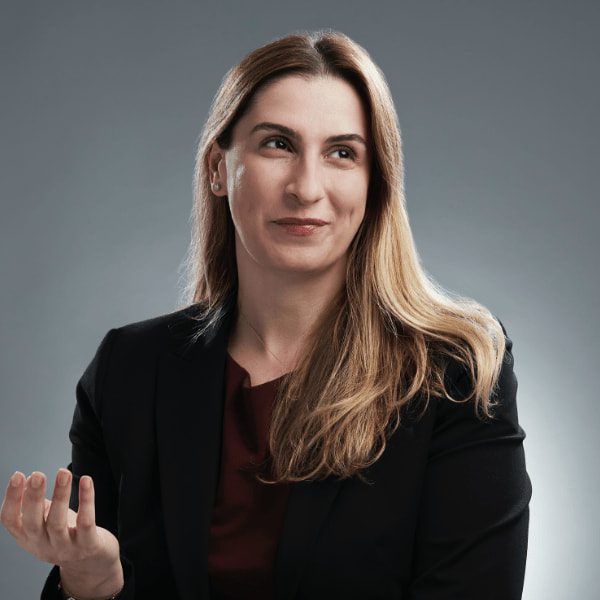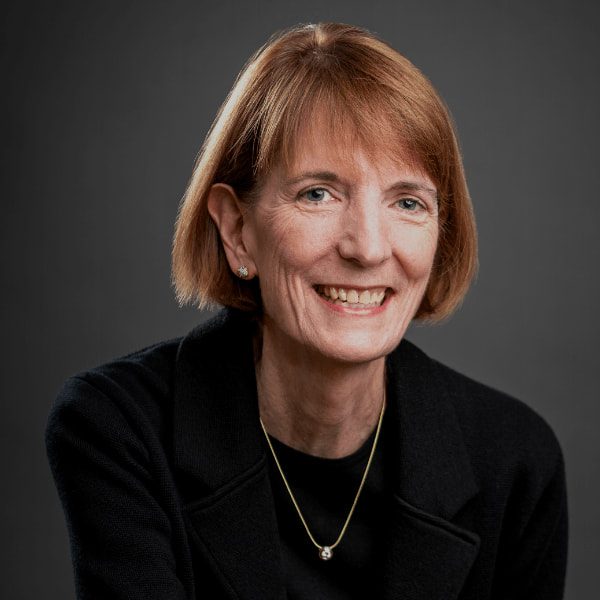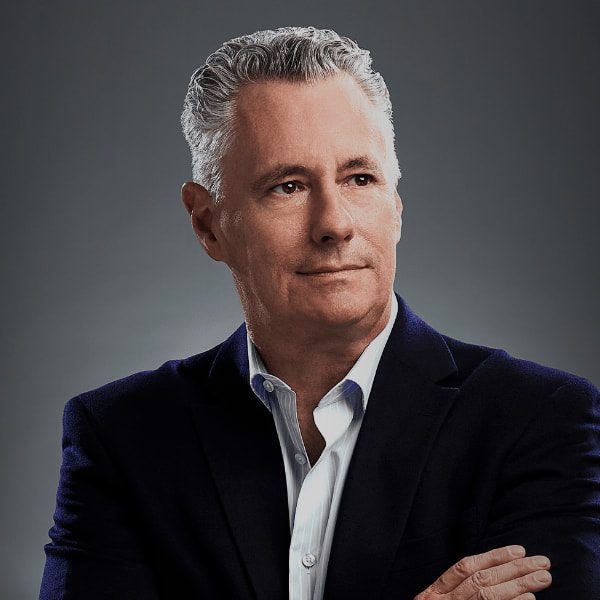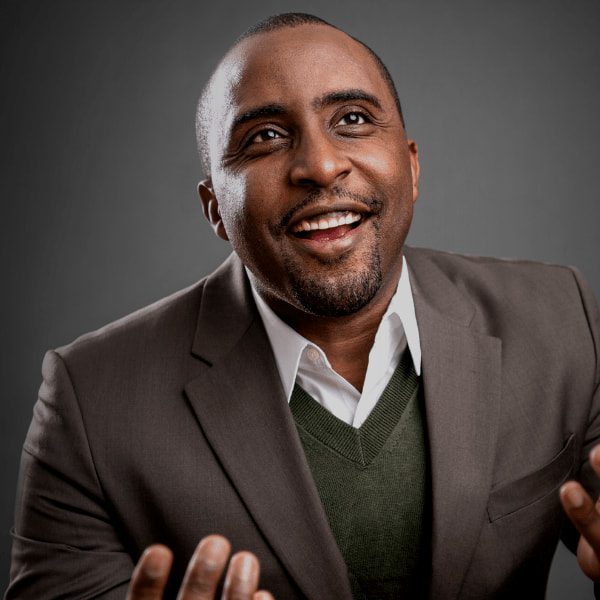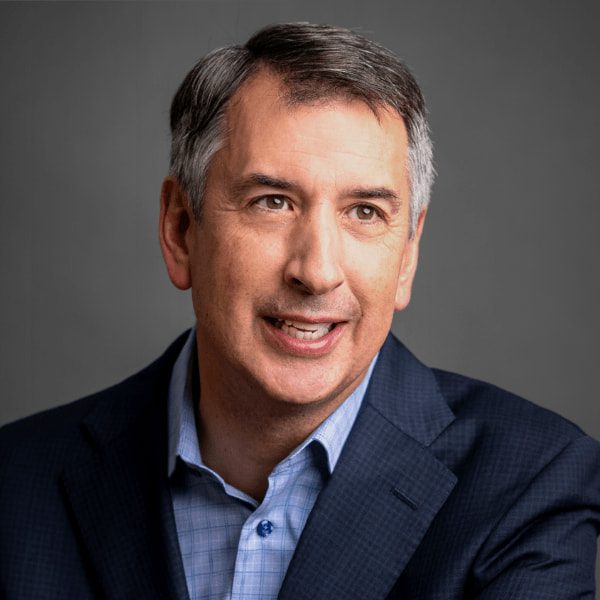Philip T. Inglima
This Is My Story.
I literally grew up around the law.
I was raised in New Jersey, in the shadows of New York City. My father was the first in his family to go to college and then law school. He started his own firm in the 1950s, because at that time, most prominent firms didn’t embrace people with names like “Inglima.” During high school and college, I worked at his firm doing everything from cleaning bathrooms to preparing interrogatories and doing accounting. It certainly sparked my interest in being a lawyer by the time I was heading to Georgetown for college, and then law school. I know many people don’t have that orientation and introduction to the law as a potential career path; it provided me a leg-up as I started my career.
Each one of us has a role to play in creating equal opportunities and convening diverse perspectives and experiences that drive the best work product. And each of us needs to take responsibility for creating the improvement that delivers those results. We know from our experience that if we fail to create true equality and to embrace and include diverse perspectives and skill-sets, we fail both our clients and our community.

Meet Phil
Phil Inglima is a partner in Crowell & Moring’s White Collar & Regulatory Enforcement Group, chair of the firm’s Management Board, and a member of the firm’s Executive Committee. He has litigated a broad range of criminal and civil matters in trial and appellate courts, with an emphasis on criminal fraud and parallel civil and regulatory enforcement proceedings.
Each of Us Can Make a Difference
I have been fortunate to have some amazing people who have mentored and inspired me along the way. My campus job included working for the President of Georgetown, a Jesuit priest who had pioneered the open admissions program at CUNY, making it possible for anyone and everyone to go to college. And I clerked for Judge June Green who was only the third woman appointed to the federal bench. She was a trailblazer, instrumental in developing the local court system in Washington and pioneering a path for women in the law. She led a life of service, teaching inmates and ensuring diverse women lawyers had a better shot. These people helped me understand that each of us can really make a difference. I was privileged to have these mentors, and they propelled my progress.
Reshaping the Entire Playing Field
Getting closer to people and learning about their different experiences has helped me see how I had been advantaged when others had been disadvantaged—and how others have made the most of their experiences. That has been so instructive to me. The number of people of real import in our courts, in business and in private firms who are diverse by race, ethnicity, gender or sexual orientation has significantly increased but, as a total number, the representation levels are still low compared to society as a whole.
We are at an important inflection point, and the legal industry needs a sense of urgency when it comes to creating a level playing field for all. . At Crowell, we’re trying to reshape the entire playing field to ensure that all of our lawyers have an equal opportunity to demonstrate their talents, build relationships with our clients, and progress through our ranks. We’ve made progress, but there is still much more to do.


